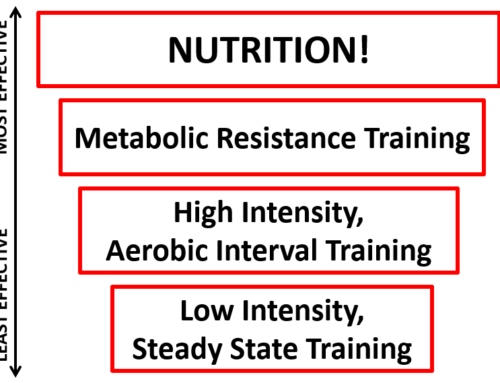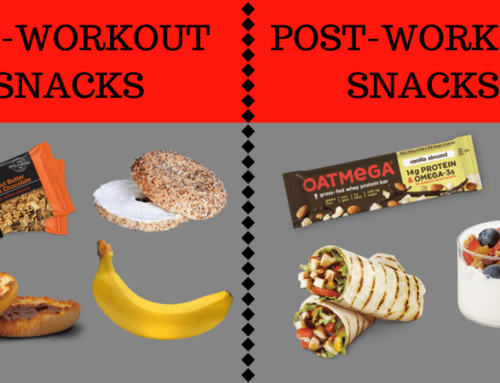When it comes to losing weight, fewer calories (particularly “empty” calories) is generally better. So how does drinking alcohol fit into your weight loss plan? Like all sustainable weight loss plans, the answer lies in making informed, reasonable decisions based on the facts. Read on to find out what you need to know.
- An alcoholic beverage can contain anywhere between 100 and 500 empty calories per serving.
Not only do the calories from alcohol add up quickly, but there are also hundreds of excess calories from sugar in most mixers. Check out the list of alcoholic beverages to see where your favorites stack up!
- To put it simply, alcohol is metabolized the same as fat. Yes, you heard that right. The body treats alcohol like a fat.
After alcohol is digested and absorbed, its components are converted into triglycerides (fat), which are then transported for storage in the liver and other areas of the body.
- The liver considers alcohol a toxin, so our bodies prioritize detoxification (rather than weight loss) after a night out.
We often drink a glass of wine with dinner or have drinks and snacks with friends. After having a drink or two, our bodies focus on digesting the alcohol, making the digestion of carbohydrates, protein, and fat a lower priority. The more we drink, the more our body gets backlogged, increasing our chances of storing the calories we are eating and drinking as body fat.
- Alcohol affects our organs.
Excessive alcohol consumption, or “heavy drinking,” can lead to fatty liver disease, which will directly impact the way our bodies metabolize food, nutrients, and drugs. This long-term damage to your metabolism can increase your body fat and cause a slew of other problems. For men, heavy drinking is typically defined as consuming 15 drinks or more per week (1). For women, it is typically defined as consuming 8 drinks or more per week (1).
- Alcohol causes hangovers.
We’ve all experienced the consequences of having a few too many drinks. In addition to alcohol being a toxin, alcoholic beverages cause dehydration and disrupt our deep sleep, contributing to symptoms of nausea, fatigue, and headaches the following day. These factors make it even harder to push ourselves during our workouts, thus slowing down our weight loss.
Does all this mean you can’t have a glass of wine with dinner or go out for a drink with friends? Absolutely not! What it does mean is that you must remember what you are trying to accomplish with your weight loss goals and do so mindfully.
Reference List
- Orfanidis, Nicholas T. Alcoholic Liver Disease – Liver and Gallbladder Disorders – Merck Manuals Consumer Version. Retrieved from https://www.merckmanuals.com/home/liver-and-gallbladder-disorders/alcoholic-liver-disease/alcoholic-liver-disease.




